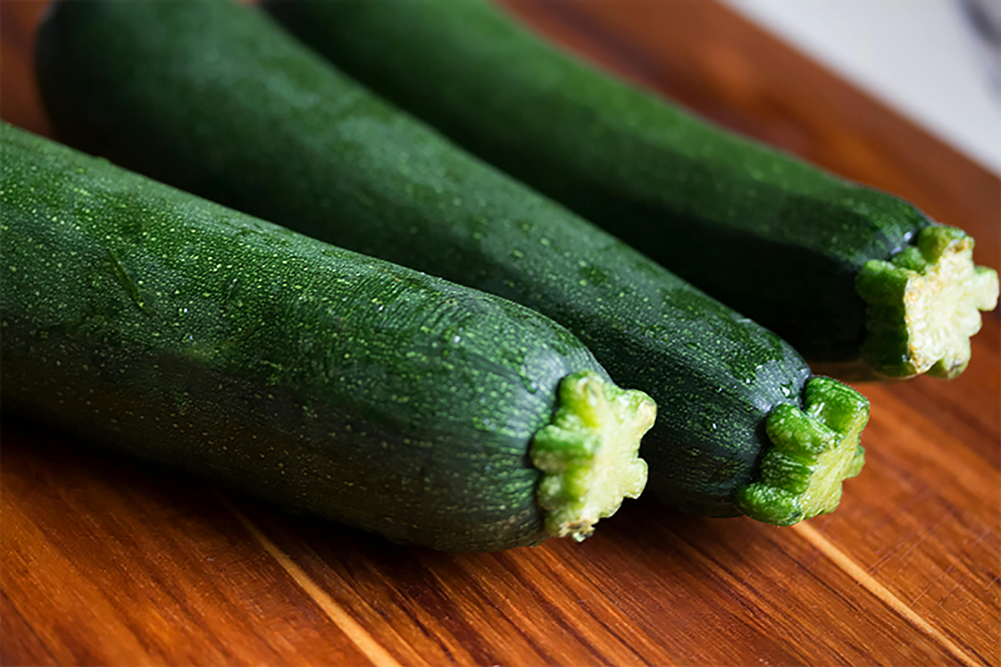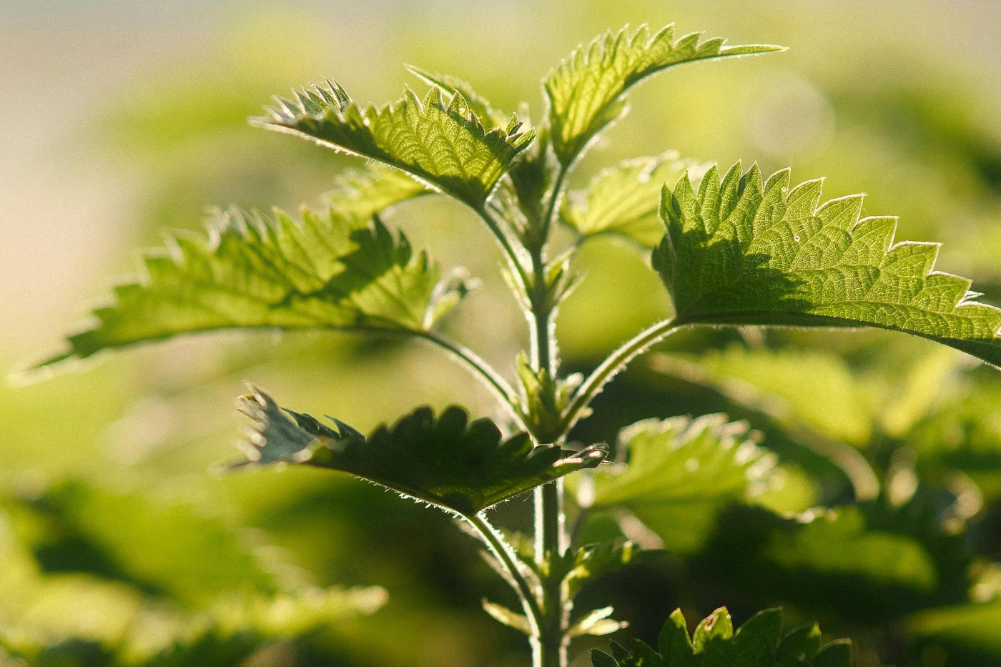Can kitchen towels cause food poisoning?
You have most likely experienced food poisoning at some point in your life. You can experience an upset stomach when you eat something contaminated or toxic. It is often blamed on a meal eaten at a restaurant or cafe and not on foods from your kitchen. But researchers from the University of Mauritius reveal that kitchens are hubs for pathogens potentially causing food poisoning.
Humid towels had a higher risk of having coliforms (Escherichia coli) than the dried ones.
In this study, the researchers investigated the potential role of kitchen towels in cross-contamination in the kitchen and various factors such as family size and type of diet that may impact the microbial load of kitchen towels. One-hundred kitchen towels were collected after one month of use. The researchers then cultured the bacteria and identified them with the help of standard biochemical tests. They also determined the bacterial load on the towels.
This is what the researchers found:
- Forty-nine per cent of the kitchen towels had bacterial growth which increased in number with extended family, presence of children and increasing family size.
- When towels were utilised for various purposes — wiping utensils, drying hands, holding hot utensils, wiping and cleaning surfaces — they had a higher bacterial count than single-use towels.
- Humid towels showed a higher bacterial count than the dry ones. Out of the 49 samples which tested positive for bacterial growth, 36.7 per cent grew Escherichia coli (coliforms), 36.7 per cent Enterococcus spp and 14.3 per cent had S. aureus.
The researchers further discovered that S. aureus was found at a higher rate on towels from families of lower socio-economic status and those with children. Humid towels had a higher risk of having coliforms (Escherichia coli) than the dried ones. Higher risk for coliforms was found for multipurpose towels than single-use ones and for families on non-vegetarian diets.
Coliform and S. aureus had significantly higher prevalence from families with non-vegetarian diets. Escherichia coli is a normal flora found in the human intestine and it is released in large numbers in human faeces. The presence of Escherichia coli indicates possible faecal contamination and lack of hygiene practices.
This indicates that unhygienic practices while handling non-vegetarian food must be common in the kitchen, resulting in the presence of a higher number of coliform. The presence of potential pathogens on the kitchen towels indicates that they could be responsible for cross-contamination in the kitchen and could lead to food poisoning.
The researchers advise that humid towels and multipurpose usage of kitchen towels should be avoided. Bigger families with children and elderly members should be especially cautious to hygiene practices in the kitchen. If you think your kitchen is free of bacteria — think again. A simple thing like a kitchen towel could be responsible for stomach upsets and even food poisoning in your family.
Source: American Society for Microbiology








